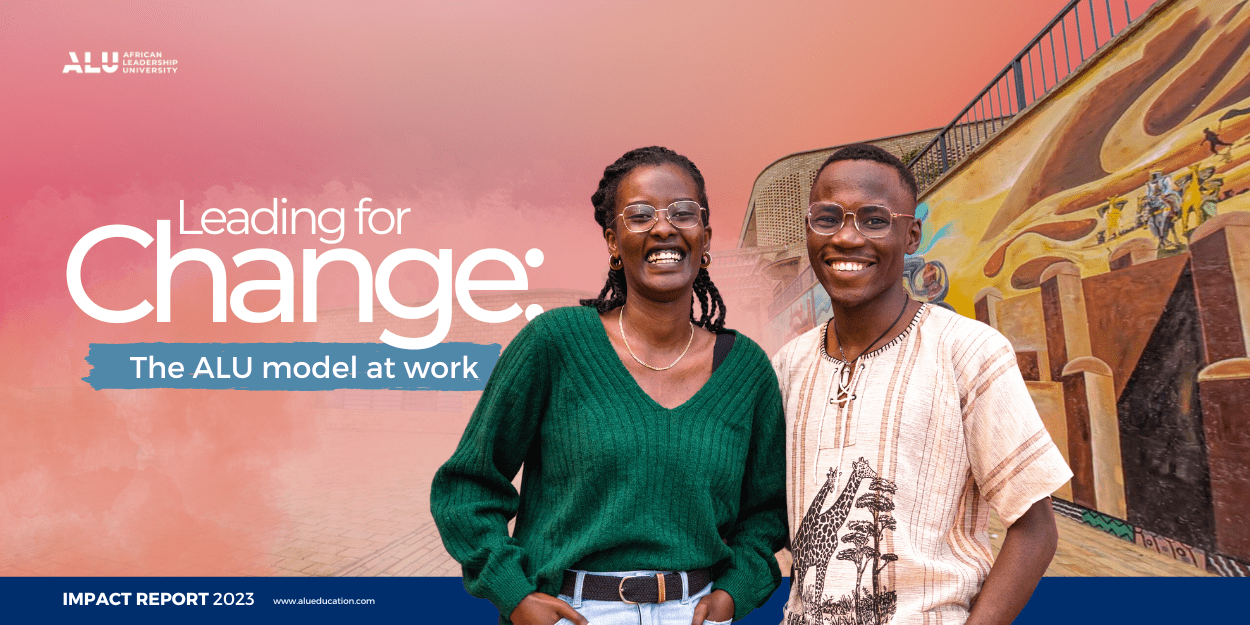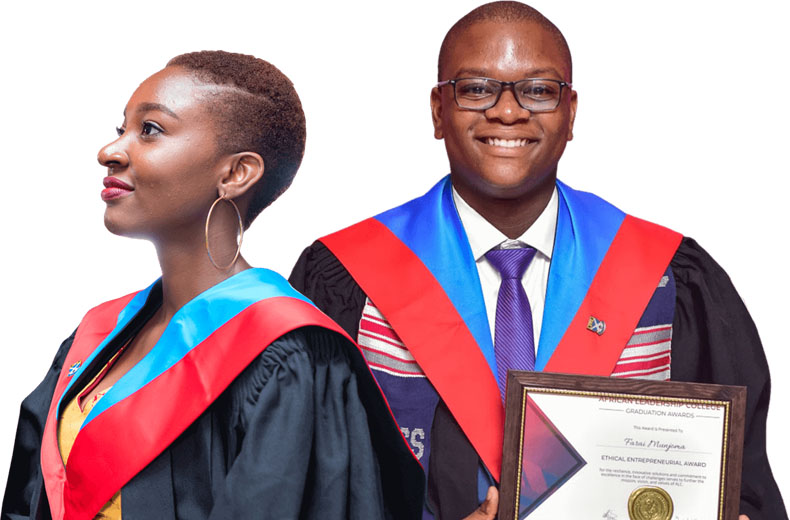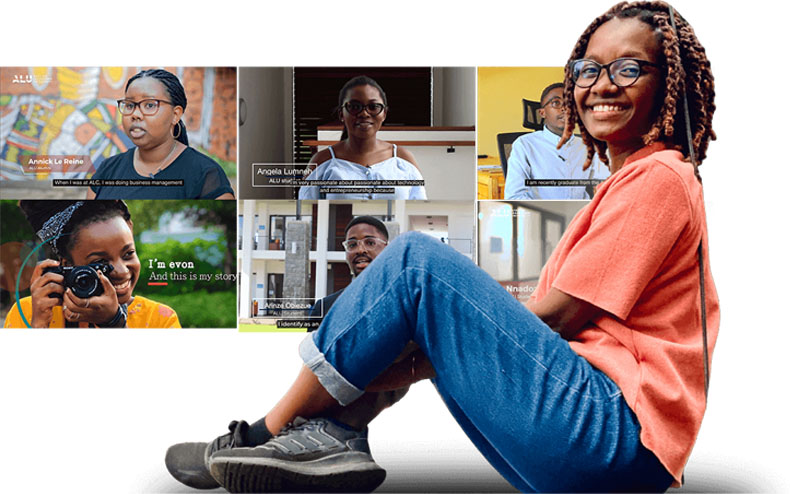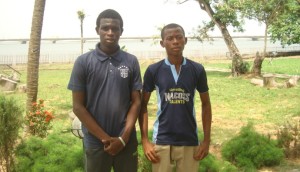[vc_row][vc_column][vc_column_text]Ebele Molua, a founding student at ALU’s flagship campus in Mauritius, African Leadership College will spend the rest of 2016 between two countries – her home country, Nigeria and her new home Mauritius. Molua will be interning at Chocolate City, the Nigerian record label and with ALU’s Student Recruitment team. The internships form the final trimester of her first year at ALU.
“I’m excited about the skills I’ll be learning and applying. I’m excited about the network I’m going to build and the mentors I’ll meet. I’m also excited about the value I would add to these companies,” she says.
ALU’s undergraduate programme requires that students spend three to four months of each academic year in an internship that allows them to practice what they have studied in class. Through out the year, they are taken through a Career Development curriculum which is designed to bring what they learn in the four Leadership Core classes to life.
Employer Partnerships
ALU has partnered with some of the top employers in the world to develop these internships. The Employer partnerships team seeks out these opportunities and matches the companies with students based on both parties interests. After the match is done, students have to go through a rigorous application process where they submit resumes and are interviewed by the employers. Some of the exciting organisations that students will intern with include, Zoona in South Africa, Maersk in Cameroon, McKinsey in Ethiopia and Shangai, Thomson Reuters in Kenya, Swiss Re in South Africa, Standard Bank in Mozambique, Bain & Co. in Nigeria, L’Oreal in Paris, Omidyar Network in the United States, Chocolate City in Nigeria and PwC in Ghana.
Preparing students for internships and the real world
ALU’s Career Development Team (CDT) works with both the Employer Partnerships and Learning teams to get students ready for their internships. In the first year, the CDT guides students in how they can successfully apply for opportunities that the Employer Partnership team has matched them with. Students are taught things such as how to write resumes and cover letters, how to network and how to prepare for an interview. They are also given resources that will help them to explore how organisations function and how business is done on the continent.
When asked about how she prepared for her interview with Chocolate City, Molua said, “the preparation process is surprisingly close to what my actual interview was like. The mock interviews helped me expect the worst and that was good. It was very intense, very structured and straight to the point. The resources also helped me get acquainted with frequently asked questions and a few norms of an interview like having one or two questions to ask the employer to show your attention to details or your keen interest in what the company does.”
One of the highlights of the Career Development curriculum is Internship Week, a weeklong crash course that the CDT describes as the cheery on the cake. During Internship Week, classes are paused and students get the chance to apply what they have learned through out their four Leadership Core classes. “Internship week showed students how the different skills that they have been doing in four different spaces, will look like when it’s all meshed together and how they can leverage them in a 40-hour work week,” says Career Development Manager, Theodore Sutherland.
The week’s activities were divided into four phases. Phase one highlighted the diversity of expectations of what makes a successful internship, the second phase targeted understanding how organisations work, the third phase focused on professional demeanor and communication and the last was self-directed learning where students identified technical skills that they want to practice before they leave campus.
For Career Development Associate Ineza Mutimura, ultimate success here was not in the content that was learned, but the mindset that was developed as the week progressed. “We wanted students to understand where they are in getting ready to join the working world. A lot of them had moments of realization like ‘oh snap, I’m falling asleep by midday. How do I manage my energy levels so I can go through the day or I don’t know what I’ll do if I need to have a difficult conversation with my manager,” she said.
Tinashe Sibanda, a student from Zimbabwe, who will be interning with Omidyar Network thinks that the Career Development program has prepared him for success.
“I got in internship week with one goal in mind: to kick ass! I didn’t know how good it was until Amy Klement, the Head of Omidyar Network’s Education initiative came on campus and had I to present an Internship Week Business Model Analysis. She was more blown away than I could have ever imagined. I found myself looking as if I had been a part of their company for years and yet it was a product of weeks of dedicated research and putting all the leadership core skills to productive use. The rest is now history!”
Support during internships
Students will not go out into the world alone. The CDT will continue to support them during their internships by sharing weekly articles on things like self leadership and managing your manager. The CDT will also have have one-on-one conversations with students to learn about their progress, insights and what they need help with. They will also work to organise meetups for students in the same city so that they can support each other. Managers will be provided with a guide on how to manage interns and will write a report on their interns at the end of the three or four months. Likewise, students will also write reports on their experiences.
“Africa doesn’t have an internship culture yet. Students are going to have to own their experiences and carve their own learning paths. We are getting them ready to find their own projects and get buy-in from their managers just in case they need to do that,” says Sutherland.[/vc_column_text][/vc_column][/vc_row]









